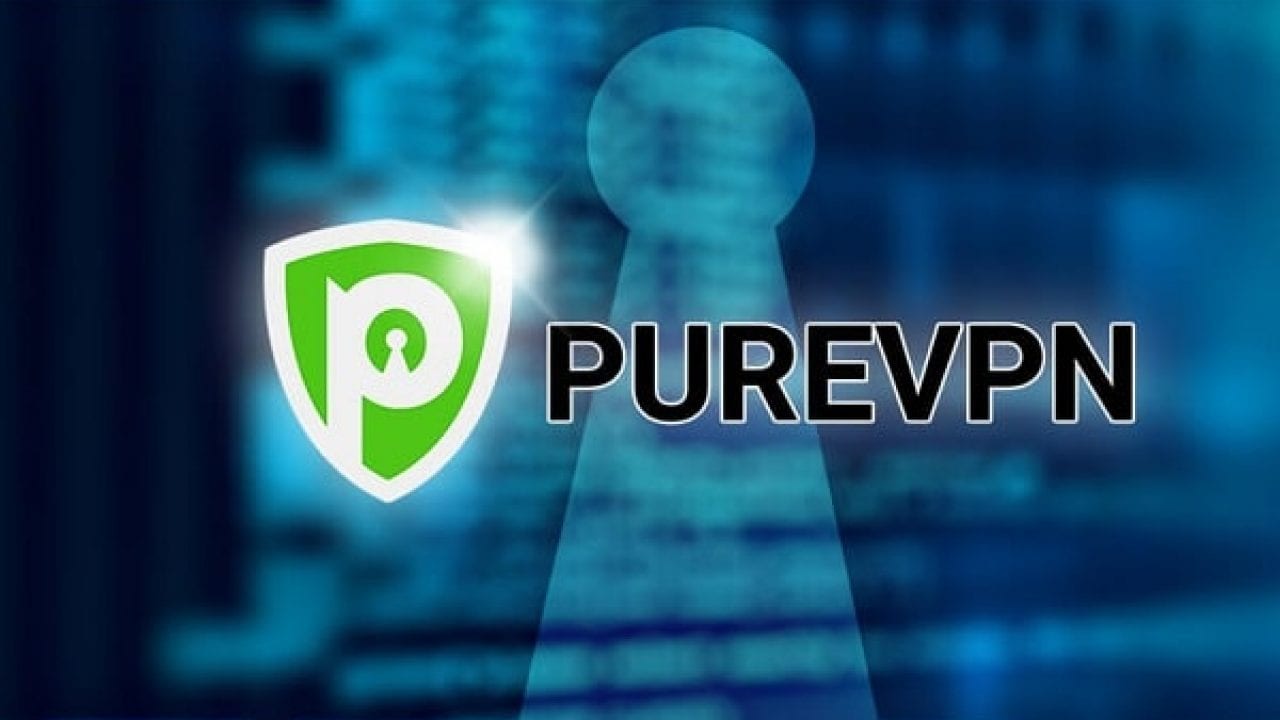

To its credit, PureVPN provides helpful explanations of each option.ĭedicated IPs are unique IP addresses assigned only to you that may be less likely to be blocked than the IP addresses used by PureVPN's core service. It's a hefty collection of options, almost rivaling TorGuard VPN in its breadth. If you're itching to get more out of your PureVPN subscription, the company offers add-ons for additional monthly fees.
#PUREVPN REVIEWS PASSWORD#
We strongly advise readers to create unique passwords for every account with a password manager, enable multifactor authentication wherever it is available, and use dedicated antivirus software.
#PUREVPN REVIEWS HOW TO#
The company has instructions on how to configure a router to use its VPN-meaning all the devices on your network would route their traffic through the VPN.Īlthough VPNs are useful tools for easily improving your privacy, they won't protect against every threat.
#PUREVPN REVIEWS ANDROID#
PureVPN also offers software for streaming devices such as Android TV and even Kodi systems. Editors' Choice winners NordVPN and ProtonVPN are notable for being among the very few VPN services that offer multihop, split tunneling, and access to Tor. That way, you can keep some activities secure and allow more data-hungry but less sensitive functions to get all the access they need. This lets you select specific traffic to go through the VPN. PureVPN does provide split tunneling, however. Other competitors offer multihop connections, which guide your web traffic through at least two VPN servers for additional security. While PureVPN provides essential VPN protection, it does not include additional privacy features like these. Some VPNs route your traffic through the Tor anonymization network, making it much harder for snoops to track you online but at a hefty performance cost. (Editors' Note: and IPVanish are owned by Ziff Davis, which also owns PCMag.) Avira Phantom VPN, VPN, Ghostery Midnight, IPVanish VPN, Surfshark VPN, and Windscribe VPN place no limit on the number of simultaneous connections. However, the industry may be changing on this point, as an increasing number of VPNs let go of such restrictions entirely. That's double the average, and likely covers every device in even a large household. With PureVPN, you can connect up to ten devices simultaneously with a single account. Editors' Choice winners Mullvad VPN and IVPN offer truly anonymous cash payments made directly to their respective HQs. PureVPN accepts payments via credit card, Bitcoin (and other cryptocurrencies), and PayPal.

Knowing that a VPN works for you before committing will save you even more money in the long run. Buy a short subscription so you can try out the VPN in your home and with all the sites and services you use.

We caution against starting with a long-term plan in any case, however. The average annual cost of a VPN we've seen is $70.96, which makes PureVPN a decidedly average deal. Be careful about which plan you select at signup. This is all spelled out small type on PureVPN's purchase page, and it's not the only VPN we've seen that changes renewal rates, but this is distressingly close to a bait and switch. It's even more confusing for PureVPN's two-year subscription, which costs $69.84 for two years, and then $69.95 for every year after that. For example, you can buy an annual subscription for $44.88, but it will renew a year later for $69.96. However, PureVPN goes an uncomfortable step further by raising that discounted rate on the first subscription renewal. Like most VPNs, PureVPN offers long-term subscriptions at a reduced rate. Editors’ Choice winner Mullvad VPN costs just €5 ($5.88 at time of writing). That's more affordable than Editors' Choice winner Surfshark VPN, which costs $12.95 per month, but many VPNs are cheaper. PureVPN costs $10.95 per month, which is just a smidge above the $10.11 per month average we've seen across the VPNs we've reviewed.


 0 kommentar(er)
0 kommentar(er)
